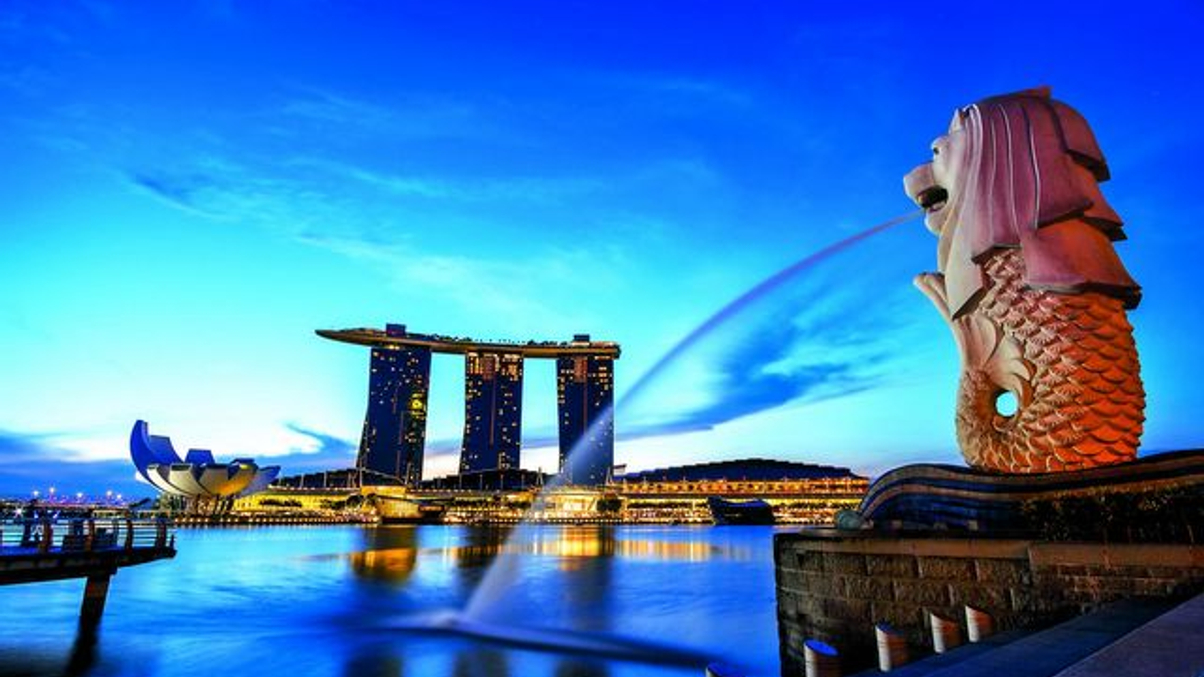Singapore’s Thermax family office sees China, Asia hedge fund opportunities
A leading Singapore-based single family office weighs the appealing valuations for hedge fund investments in 2024 against the risks.

As global markets head into another year likely filled with ongoing risk and uncertainty, some are looking to alternative investments in search of returns.
Sign in to read on!
Registered users get 2 free articles in 30 days.
Subscribers have full unlimited access to AsianInvestor
Not signed up? New users get 2 free articles per month, plus a 7-day unlimited free trial.
¬ Haymarket Media Limited. All rights reserved.


